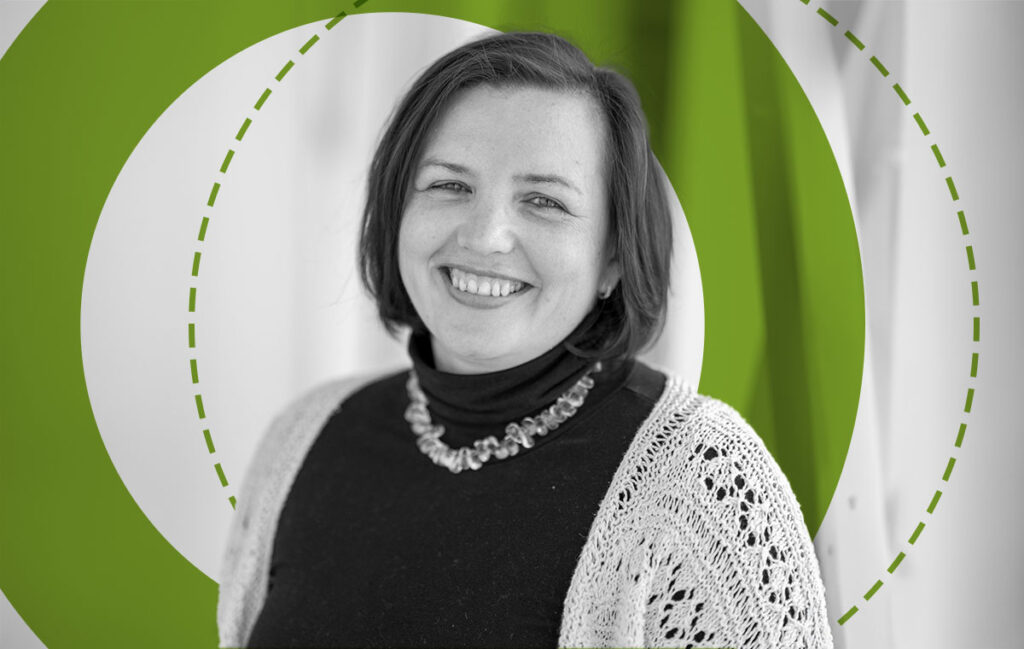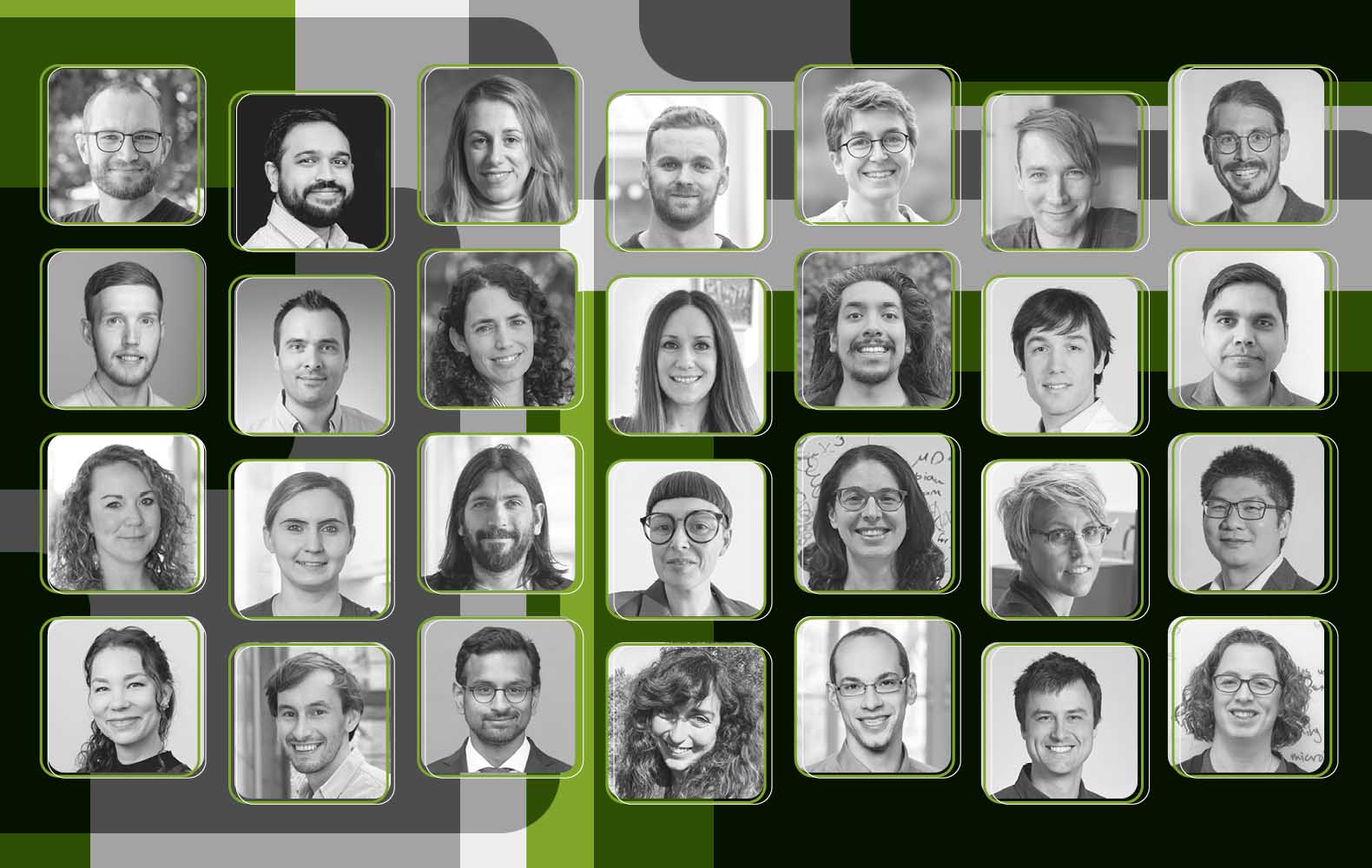“Moving from the United States to Europe was an endearing career move”, recalls former EMBO Young Investigator Anna Sablina. She completed her PhD at the Cancer Research Center in Moscow before taking a postdoctoral opportunity at the Cleveland Clinic in Ohio, then moving to Boston to work for the Dana-Farber Cancer Institute and finally landing in Leuven in less than seven years. “I had no connections or whatsoever with researchers in Europe when I started working in Belgium”, says Sablina, “as my career focus had always been the United States. I felt very isolated. The EMBO Young Investigator Network was almost a necessary opportunity to apply to in that regard.”
Being part of the Young Investigator Network connected Sablina’s work with patient communities to an international community of researchers. “I got the opportunity to meet new people, build a network and be part of a wider community”, she recalls. “It was a difficult decision to leave the United States. But over there, all my postdoctoral salary went into childcare whereas KU-Leuven provided me with better benefits and a better quality of life. And the Young Investigator Programme happened in my career like a breath of fresh air. I built life-long connections with other Young Investigators, learned new skills through the trainings and was able to better manage my laboratory.”
A biochemist by training, Sablina’s work nowadays intersects with cancer biology. Her laboratory focuses on elucidating the role of ubiquitin system in human diseases and how various alterations of the ubiquitin system can affect cancer development, as well as in drug responses and therapy resistance mechanisms. Working at KU Leuven allows her team to interact with chemists, structural biologists and to run clinical trials. “I particularly enjoy working with patients”, Anna Sablina notes. “To give you one example, we receive funding from the Children’s Tumor Foundation in the US. Their grant models ask us to always meet with families, and I think it is tremendously important for us researchers to hear from patients what kind of challenges they face in their daily lives. It is grounding. It reminds you of why you are going to the lab and why you cannot abandon your work when difficulties arise.”



